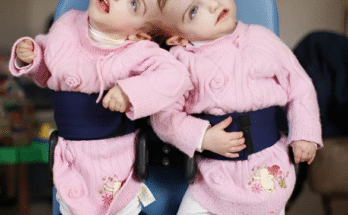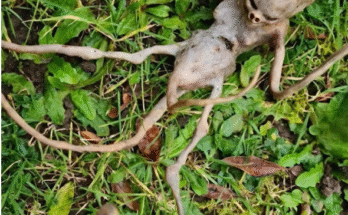
Kidney disease is a critical health condition impacting millions across the globe. When the kidneys are compromised, they struggle to perform their essential roles—regulating fluid and electrolyte balance and filtering toxins from the bloodstream. Left unchecked, kidney damage can lead to severe complications. Fortunately, your body provides warning signs when something isn’t right. Recognizing these early symptoms and seeking timely medical attention can make all the difference in protecting your kidney health. Stay informed, listen to your body, and take action before it’s too late!

Understanding the Vital Role of Your Kidneys
Your kidneys are two small, bean-shaped powerhouses located just below your ribcage on either side of your spine. Despite their size, they perform essential functions that keep your body in balance. These incredible organs filter waste and excess fluids from your blood, regulate blood pressure, support red blood cell production, and maintain crucial electrolyte levels, including sodium, potassium, and calcium. Every day, healthy kidneys filter approximately 120 to 150 quarts of blood, producing 1 to 2 quarts of urine to eliminate toxins and keep your body functioning optimally.
What is Kidney Disease?

Understanding Kidney Disease: Causes, Symptoms, and Early Warnings
What is Kidney Disease?
Kidney disease, also known as renal disease, occurs when the kidneys become damaged and can no longer perform their essential functions efficiently. Various factors, including high blood pressure, diabetes, infections, autoimmune disorders, and genetics, can contribute to kidney damage. If left untreated, kidney disease can progress to kidney failure, requiring dialysis or a kidney transplant. However, early detection and intervention are crucial in slowing its progression and minimizing complications.
Warning Signs of Kidney Disease
Many people do not realize they have kidney disease until it reaches an advanced stage. However, your body often provides warning signals early on. Recognizing these symptoms can help you take timely action:
1. Changes in Urination
- Increased frequency, especially at night
- Reduced urine output or foamy urine, indicating protein leakage
2. Fatigue and Weakness
- Persistent tiredness and difficulty concentrating, often due to anemia caused by kidney dysfunction
3. Swelling (Edema)
- Fluid retention leading to swelling in the legs, hands, face, and abdomen
4. Persistent Back Pain
- Severe pain below the ribcage, often linked to untreated urinary tract infections or kidney stones
5. Unexplained Weight Loss & Loss of Appetite
- Decreased appetite and weight loss due to the accumulation of toxins in the body
6. Nausea and Vomiting
- Feeling nauseous and experiencing vomiting, especially in the morning or after meals
7. Difficulty Sleeping
- Trouble sleeping due to muscle cramps, restless leg syndrome, or frequent urination at night
8. Metallic Taste in the Mouth
- A persistent metallic taste caused by waste buildup in the bloodstream
9. Muscle Cramps and Twitching
- Electrolyte imbalances leading to involuntary muscle spasms and cramps
10. Itchy Skin
- Persistent itching caused by the accumulation of waste products in the blood
Why Early Detection Matters
The severity of these symptoms can vary based on the stage of kidney disease. If you notice any of these warning signs, it is essential to consult a healthcare professional promptly. Early diagnosis and proper management can slow disease progression, improve quality of life, and prevent complications. Take charge of your kidney health—your body depends on it!


